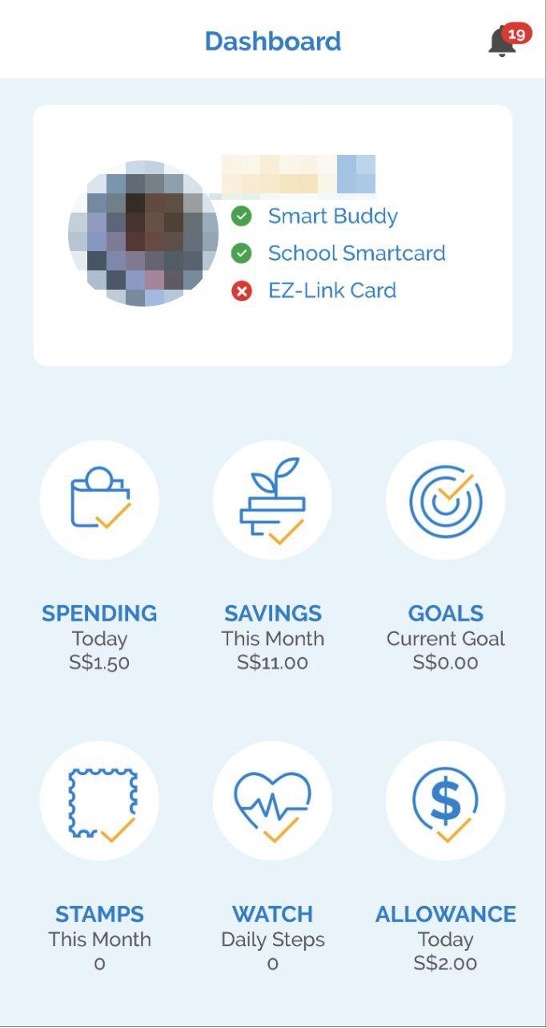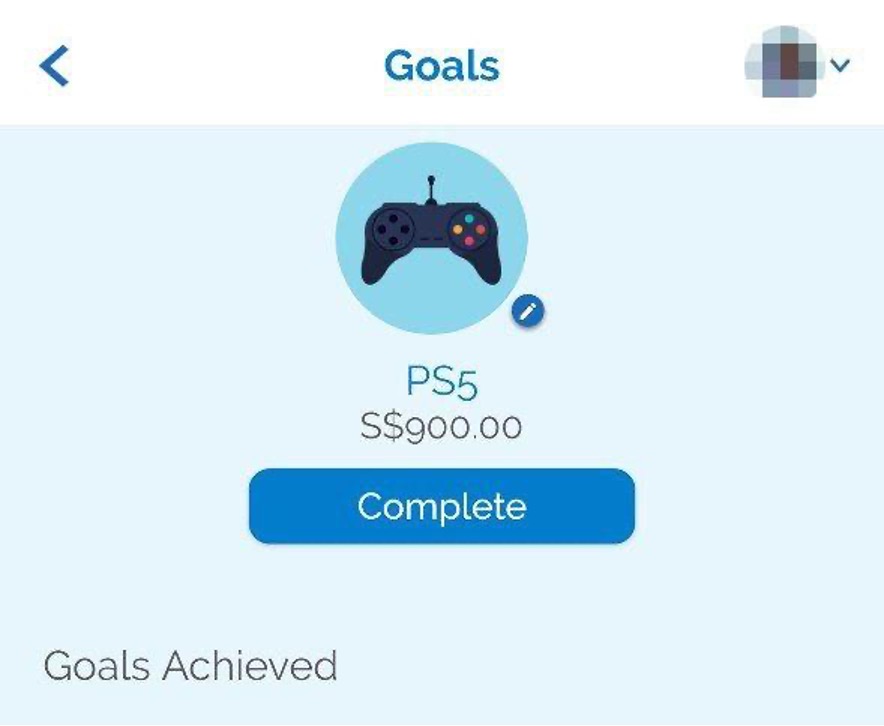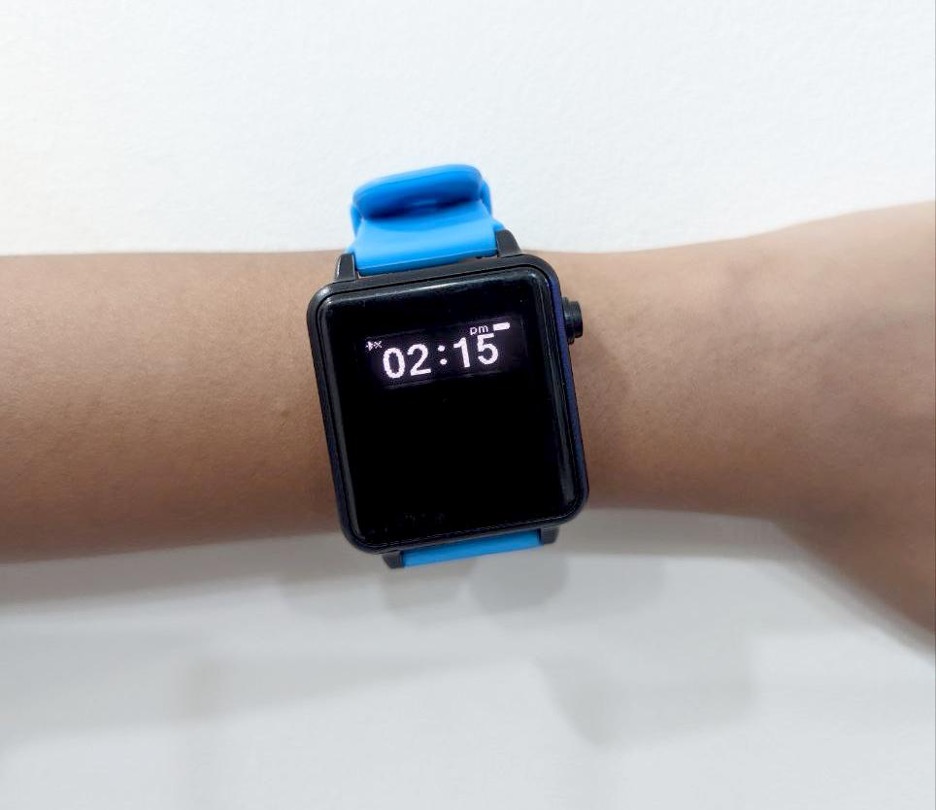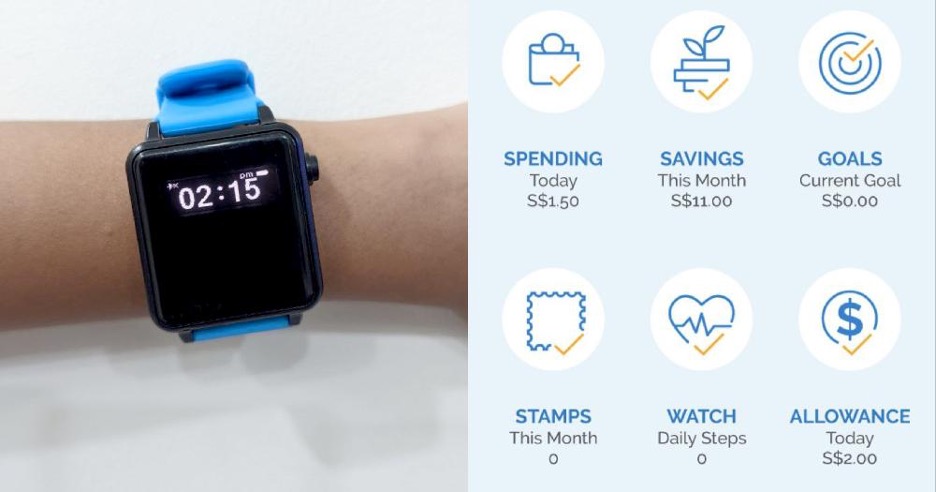Getting your children ready for school can be a daunting task, especially with younger kids who might not necessarily be disciplined with practising personal hygiene, especially amid the pandemic and safekeeping their personal belongings, among other things.
One of our colleagues has a seven-year-old boy, and has managed to alleviate some of these issues by getting him onboard the POSB Smart Buddy programme.
This is part of the joint initiative that the Ministry of Education (MOE) and DBS announced in April. By 2025, students in primary and secondary schools, as well as junior colleges and Millennia Institute, will have the option to be able to make e-payments in schools.
You might scoff at the idea of giving a child what seems to be a ticket to do whatever they want with your money, but here’s the thing - it’s not.
For one, our colleague sets a fixed amount of money he gets per day. Attempts to spend more than the S$2 that he’s been allocated won’t work, so he won’t be able to buy lunch for the entire class even if he wanted to.


“But kids won’t know how to count money!” one might argue.
They still have to consider how to best utilise their allowances by doing simple addition – if chicken rice costs S$1, fishball noodles S$1.50 and a barley drink S$0.60, which items do you have to pick if you want both a main and a drink? – so that’s one thing parents don’t have to worry about.
For those who are worried about their children being unfamiliar with actual currency, there’s always the option of teaching them this at home, or in other environments.
After all, by not giving them physical cash, there won’t be any possibility of them dropping their change or forgetting to put it back into their wallet. With the ever-growing emphasis on personal hygiene, you won’t have to worry about them not washing their hands after handling money, either.
The watch, being a wearable device, is easier to keep track of – he remembers to not remove it while at school, and even if he ends up misplacing it, his mum can always temporarily disable it on the Smart Buddy App while waiting for a replacement.

Our colleague’s son is a huge advocate for the Smart Buddy watch he proudly wears to school. When asked if he likes being part of the initiative, he chirped, “Of course, yes!”
“I don’t have to take out my wallet and there’s no need to collect change,” he explained earnestly. “If I use cash, everyone has to wait in line while I count my money. It’s also a smartwatch so I can monitor my steps and heart rate.”
His mama is also a convert as she no longer has to give him pocket money every morning. Smart Buddy is linked to her bank account, and automatically debits the daily pre-set amount of allowance to her son.
Whatever balance amount is leftover is also automatically transferred to his savings account at the end of the month as she has connected it to his Smart Buddy.
There’s an added motivation for kids to save with the POSB Smiley Stamps Savings programme, which allows kids to “purchase” Smiley stamps at S$0.50 each at Smart Buddy-enabled schools’ bookstores, and receive 10 per cent bonus cashback every month for every 20 Smiley Stamps collected.
In short, they will get an additional S$1 for every S$10 they save.
Saving up is something this seven-year-old is very serious about – his goal is to buy a PlayStation 5, which costs upwards of S$698.90 on the official store.
He shared, “I can’t spend all my savings on it, so I have to save more than (what it costs).”
“I can monitor his spending and know if he eats while in school,” our colleague added. “By the way, my son told me to inform you that the smartwatch strap can be changed. He thinks that’s kinda cool.”
If a watch isn’t your child’s thing, the Smart Buddy app can also be linked to the student’s School Smartcard or EZ-Link Card.
Apart from Smart Buddy enabled canteens and bookshops, linked devices can also be used out of school at NETS contactless retailers islandwide, such as 7-Eleven, National Library Board, NTUC FairPrice and Popular.
Find out more about the POSB Smart Buddy programme here.
This sponsored article by POSB made the writer wish she had such a nifty device when she was still in school.
Top photo from Mothership
If you like what you read, follow us on Facebook, Instagram, Twitter and Telegram to get the latest updates.
